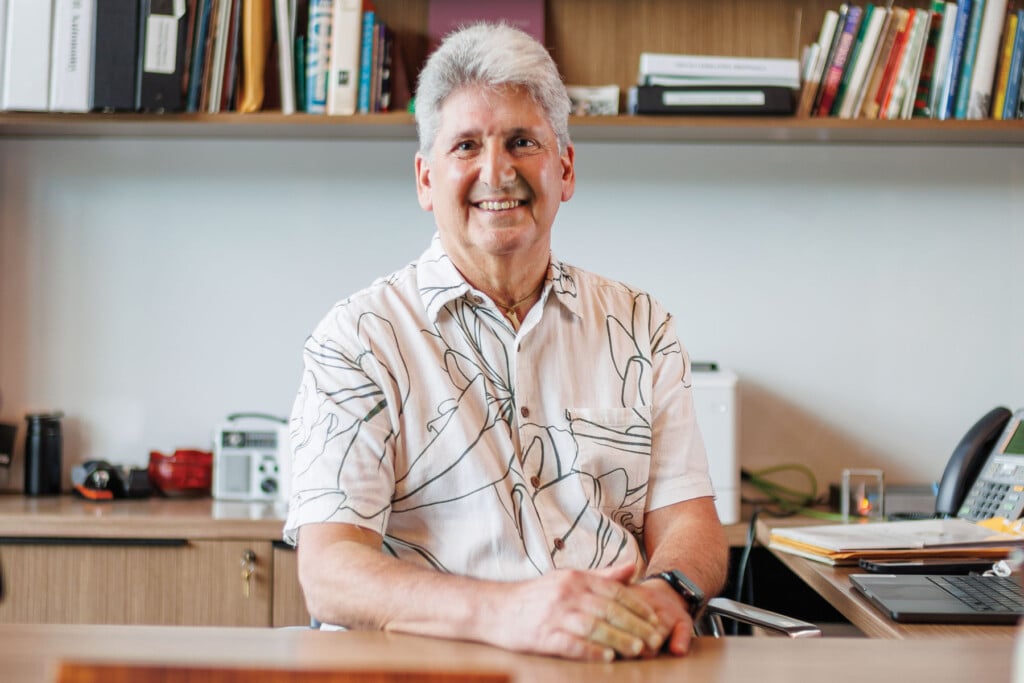When 2 + 2 Don’t Make 4

Dyslexia is a neurobiological and genetic learning disability related to language. Students with dyslexia often struggle with oral and written language, according to the Hawaii Branch of the International Dyslexia Association.
“It’s a hidden disability,” explains Margaret Higa, 53, who became executive director of HIDA in 2013 and was office manager before that. “Individuals with dyslexia are often very bright and resourceful, so they can accommodate the disability on their own. I’ve talked to some people who weren’t identified until they were in medical school.”
Some parents don’t want their children tested because they don’t want them “labeled” as having a disability. “But I tell them, it’s that label that brings services and opens doors, in a good way,” she says. “People are often surprised to hear that one in five individuals has a language-based disability – of which dyslexia is the most common.”
Some well-known locals with dyslexia include comedians Andy Bumatai and Augie T., Outrigger Resorts founder Dr. Richard Kelley and Paul Brown of Paul Brown Salons Hawaii.
“ Individuals with dyslexia are often very bright and resourceful, so they can accommodate the disability on their own.”
— Margaret Higa, Executive Director, HIDA
Other learning or behavioral disabilities can occur along with dyslexia, such as: dyscalculia (a mathematical disability), dysgraphia (disabled handwriting), and attention deficit disorder (ADD) or attention deficit hyperactive disorder (ADHD).
“The only way to know officially if someone has dyslexia is through a psycho-educational evaluation, either through a school or a private psychologist,” Higa says.
HIDA became a nonprofit in 1986, then an official branch of the Baltimore-based International Dyslexia Association the following year. There’s only one full-time employee, Higa, and the rest of the work is done by volunteers.
In 2015, more than 400 parents, teachers and community members attended training or other public outreach events held by HIDA, and events have been held on all the main Hawaiian Islands.
“There’s no medication for dyslexia,” Higa points out. “The remediation and intervention is educational.”
October is Dyslexia Awareness Month.






